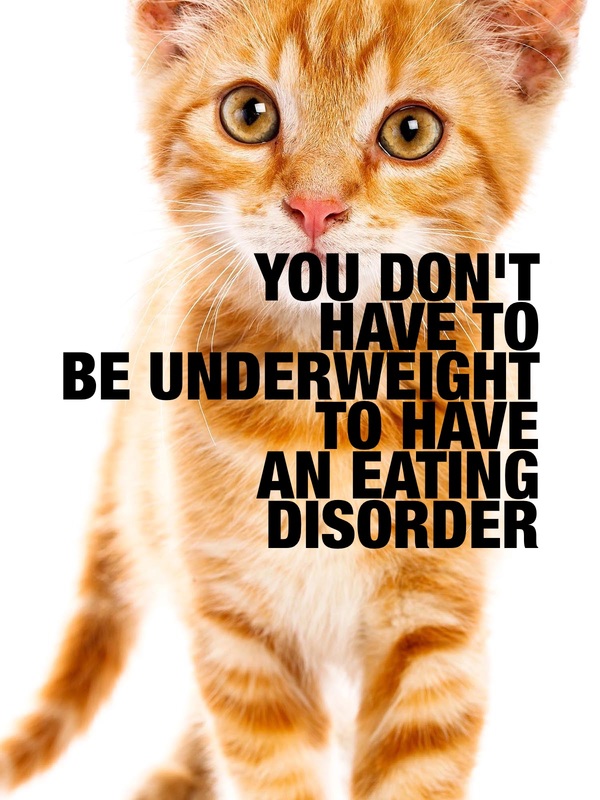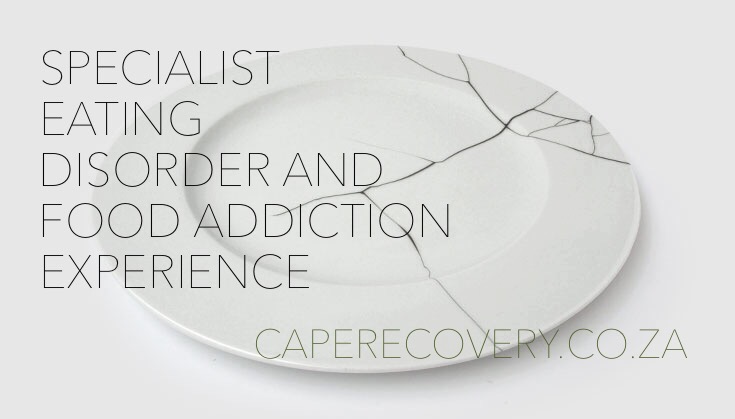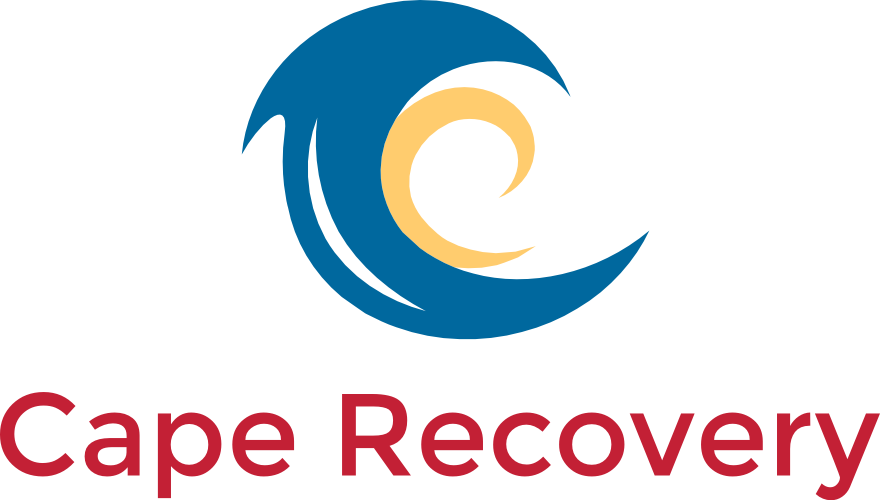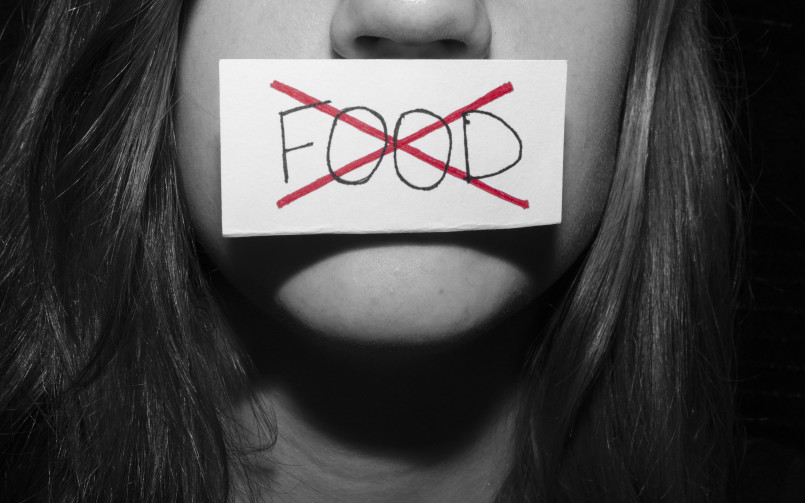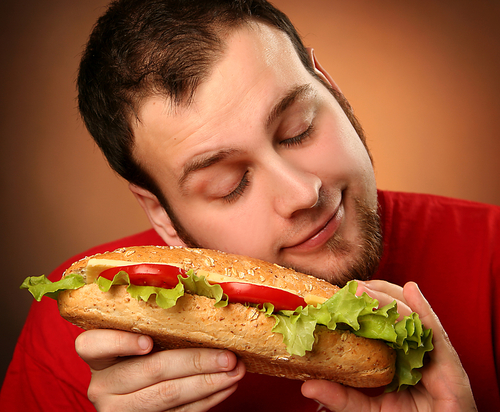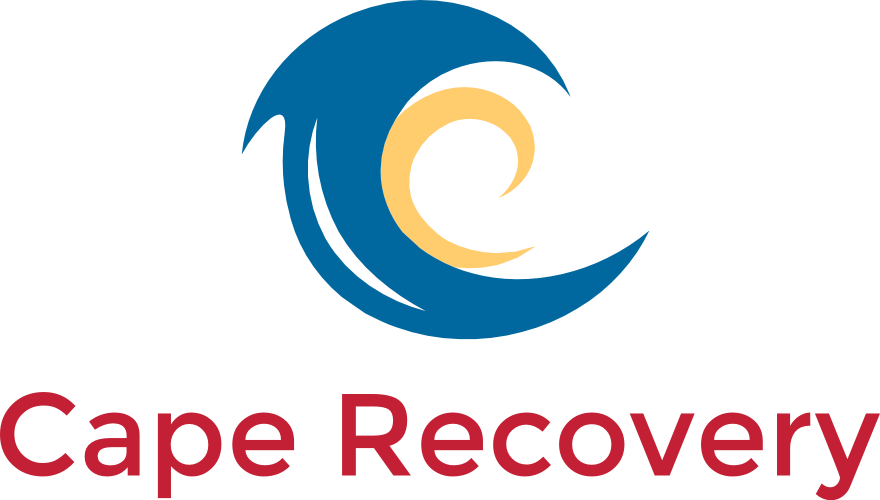Treating Eating Disorders
Anorexia Treatment, Bulimia Treatment, Over Eating Treatment, Food Addiction Treatment and other Eating Disorder Treatment
|
The six recognised specific types of eating disorders and brief characteristics: Anorexia Nervosa, Bulimia Nervosa, Binge Eating, ARFID, Pica and Rumination Disorder.
Any disordered eating, as I said, is a complicated matter and some people experience eating and food issues that are problematic or unhealthy that don't necessarily meet the specific criteria for one of the six eating disorders below, all disordered eating is serious however and every case must always be managed individually and holistically.
- Anorexia Nervosa - Extreme restriction of food, low body weight with possible malnutrition or starvation, distorted body image or fear of gaining weight, obsessive thoughts about their weight and food. There are two specific types, the restricting type and the binge-eating or purging type.
- Bulimia Nervosa - A cycle of binge eating, intense feelings of shame, guilt, and remorse often leading to binge by purging or over exercising. This can cause dehydration, chronic sore throat or inflammation of the oesophagus, abdominal pain, and bowel problems. It does not generally result in a significantly low body weight, and often a person’s weight may even be above average.
- Binge Eating - Somewhat similar to bulimia in that a person will consume large amounts of food in a short time period and then experience feelings of guilt or disgust.
- Avoidant/Restrictive Food Intake Disorder (ARFID) - nutritional deficiency as the person fails to get the adequate nutrients in their diet. They are often reliant on oral supplements or enteral feeding at the chronic stage. Significant weight loss and severely impaired psychological and social functioning.
- Pica - A relatively rare eating disorder. The consumption of non-nutritive substances, such as clay, paper, soap, chalk, mud or laundry starch. A person might like the texture or the flavour and eating these things gives them some comfort. More often found in certain cultures, pregnant woman and institutionalised people.
- Rumination Disorder - The compulsive regurgitation of food, spitting, re-chewing, or re-swallowing of the food.
- Anorexia Nervosa - Extreme restriction of food, low body weight with possible malnutrition or starvation, distorted body image or fear of gaining weight, obsessive thoughts about their weight and food. There are two specific types, the restricting type and the binge-eating or purging type.
- Bulimia Nervosa - A cycle of binge eating, intense feelings of shame, guilt, and remorse often leading to binge by purging or over exercising. This can cause dehydration, chronic sore throat or inflammation of the oesophagus, abdominal pain, and bowel problems. It does not generally result in a significantly low body weight, and often a person’s weight may even be above average.
- Binge Eating - Somewhat similar to bulimia in that a person will consume large amounts of food in a short time period and then experience feelings of guilt or disgust.
- Avoidant/Restrictive Food Intake Disorder (ARFID) - nutritional deficiency as the person fails to get the adequate nutrients in their diet. They are often reliant on oral supplements or enteral feeding at the chronic stage. Significant weight loss and severely impaired psychological and social functioning.
- Pica - A relatively rare eating disorder. The consumption of non-nutritive substances, such as clay, paper, soap, chalk, mud or laundry starch. A person might like the texture or the flavour and eating these things gives them some comfort. More often found in certain cultures, pregnant woman and institutionalised people.
- Rumination Disorder - The compulsive regurgitation of food, spitting, re-chewing, or re-swallowing of the food.
The important thing to remember is that, like any addiction treatment, the people are all very different in terms of the level of help they need. Even if someone has never before been diagnosed with one of the above, disordered eating of any kind is often a symptom of various underlying stuff that must be dealt with. It is not uncommon for those suffering with eating disorders to have other existing metal health or addiction issues and our clinic shares CapeRecovery's personalised assessment and treatment philosophy in order to provide individualised care for every single one of our clients.
How we work - Eating Disorder Treatment
Our extremely close relationship with the best Eating Disorder Clinic in Cape Town means that we can get help and advice on anything that is food or eating disorder related and we can also be fully confident that all our clients are receiving the best possible care at every single stage of their individual process and at the same time benefitting from the unique CapeRecovery method of supporting them through the entire journey and beyond. Overseas people can get eating disorder treatment as a part of the CapeRecovery Experience and all that involves, specially tailored just for them!
The CapeRecovery Experience
On a personal note, I am delighted that treating eating disorders is now also our speciality alongside our quality addiction treatment. We can apply the same principles of continued care and recovery to anorexia treatment, bulimia treatment, over eating treatment and food addiction treatment, that we already do with our incredible addiction rehab and recovery treatment. At CapeRecovery we love the whole recovery vibe in Cape Town and the mix of people recovering from eating disorders and all other addictions makes for a great and hugely supportive experience for anyone who has the opportunity to come here for treatment. We take care of absolutely everything involved in the whole rehabilitation process from primary, secondary, tertiary and extended care and we also organise any sober living arrangements, social events with the Cape Town Recovery Community and even some exciting voluntary experiences if that's what the client would like. We only ever charge local prices to everyone and we even pick you up from the airport personally and visit you whilst in treatment. Alongside this we keep the family and friends back home fully informed if you want us to. Some would say it is the perfect recovery experience and I won't disagree, the thing is, I genuinely enjoy what I do and want every single one of our clients to get well and experience what I have in recovery today. We have rehab and recovery experiences for all addictions (drugs and alcohol), process addictions (Gambling, Sex, Love, Porn, Gaming, etc.), dual-diagnosis issues (including depression) and eating disorders (anorexia, bulimia, binge-eating, food addiction, ED Rehab, ED questions, etc.).
|
